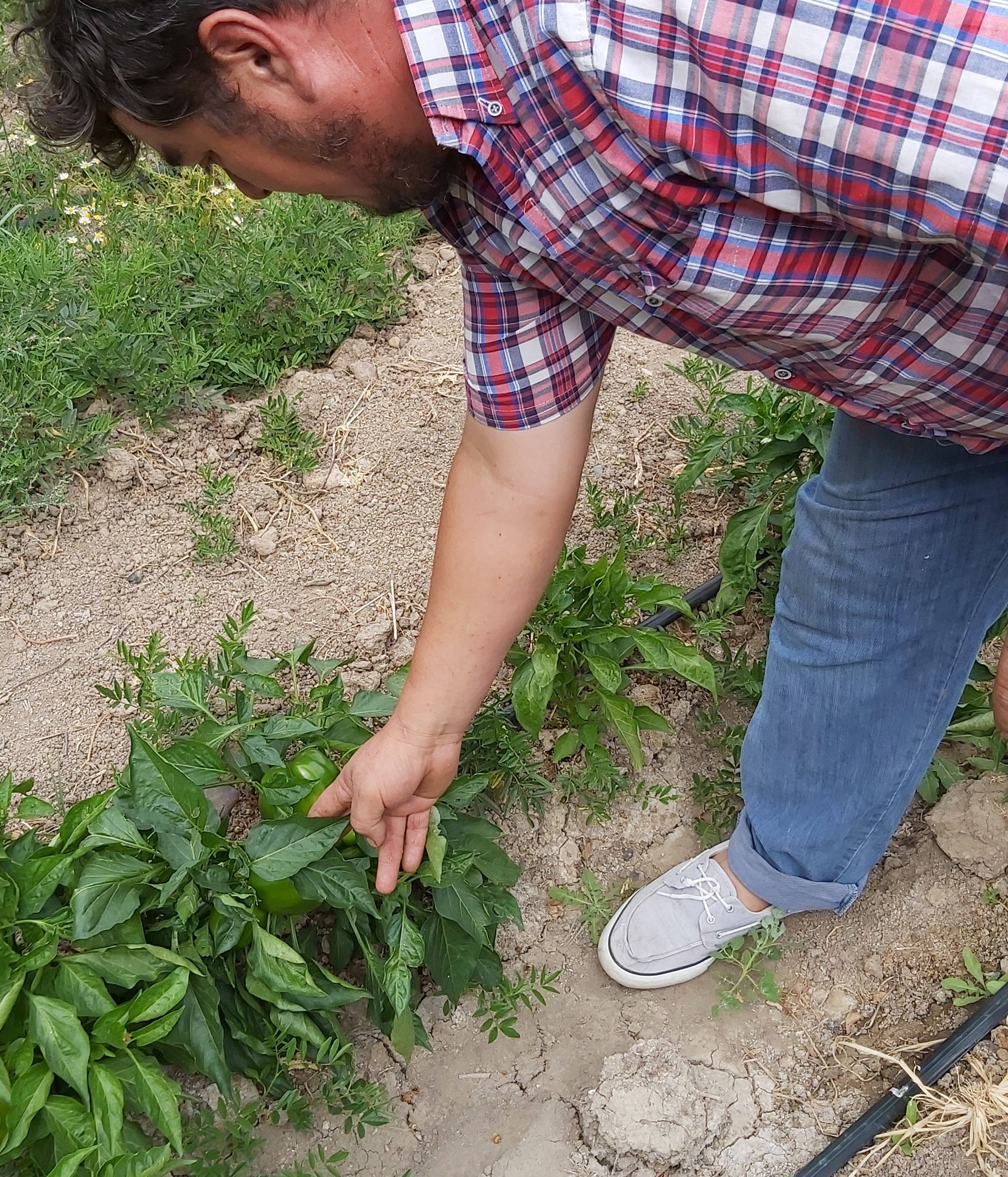Drip irrigation to intensify and diversify family livestock farming in the Picún leufú area.

One of the main effects of climate change in arid and semi-arid areas such as Patagonia, Argentina, is the reduction and/or disappearance of water sources, thus affecting the production and welfare of family farmers. Among the main objectives of the FONTAGRO project "Adaptation to climate change in extensive family livestock farming" is the efficient use of water by generating innovations in water catchment, storage and distribution, in order to adapt production systems to the consequences of climate change.
Access to water for irrigation on farms in the region of Picún Leufú, Province of Neuquén, Argentina, has been restricted since November, mainly due to the decrease in the flow of the Picún Leufú stream, which supplies the systems, and generates the corresponding conflicts associated with its management and administration.
The possibility of incorporating high-frequency and low-flow irrigation systems, such as drip irrigation, is presented as an alternative to cover the water deficit, complete the productive cycles and considerably increase the cultivable area of horticultural establishments.
The Rural Extension Agency of INTA Picún Leufú, with financing from the FONTAGRO project, trained producers and installed three drip irrigation systems in different demonstration fields in Picún Leufú and surrounding areas.
In this way, it was possible to increase the surface area of the crops and supplement the summer irrigation deficit, achieving, among other crops, yields of 1.6 kg/m2 in anco squash, 2.1 kg/m2 in zuchini, and 5.97 kg/m2 in perita tomato, which has considerably improved the producers' income and motivated them to continue producing.




